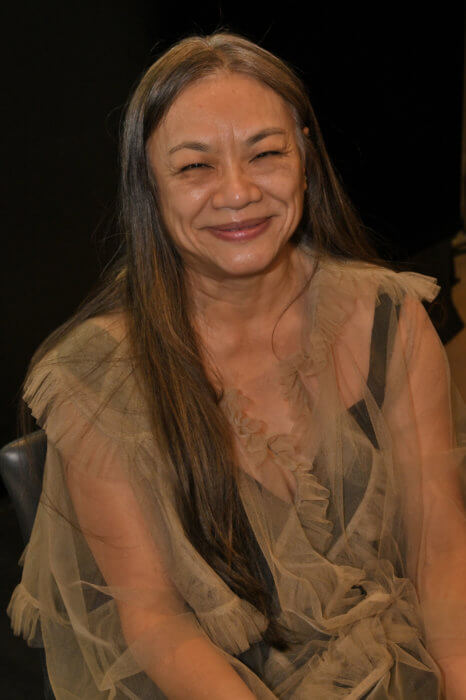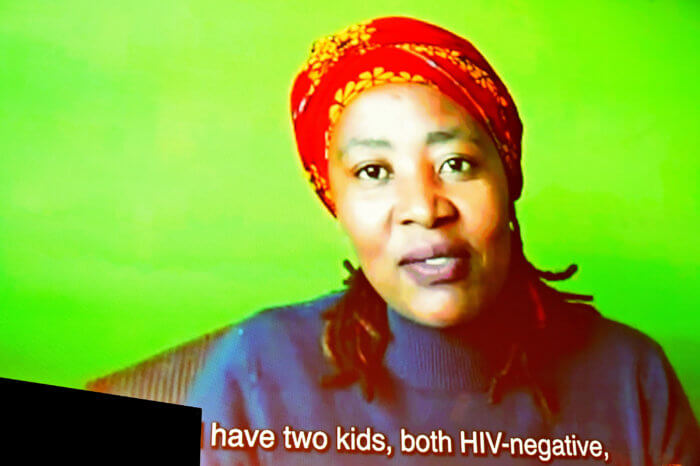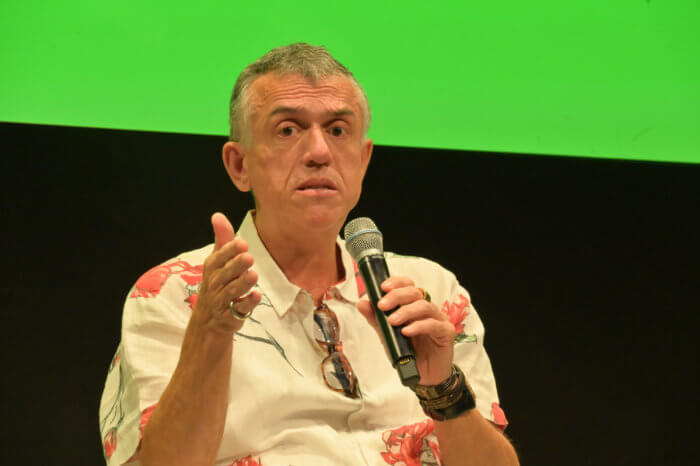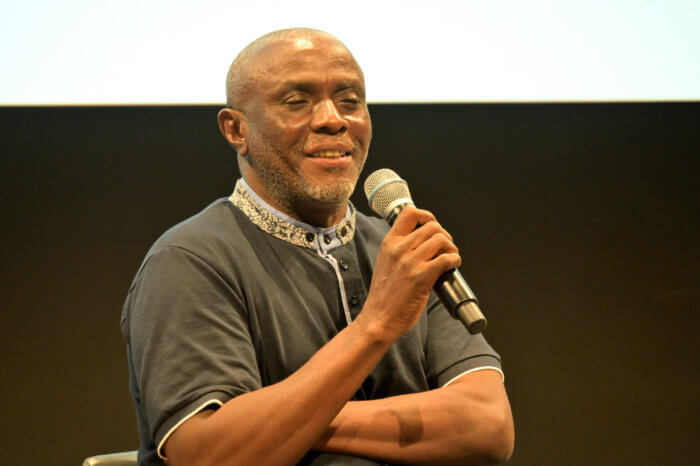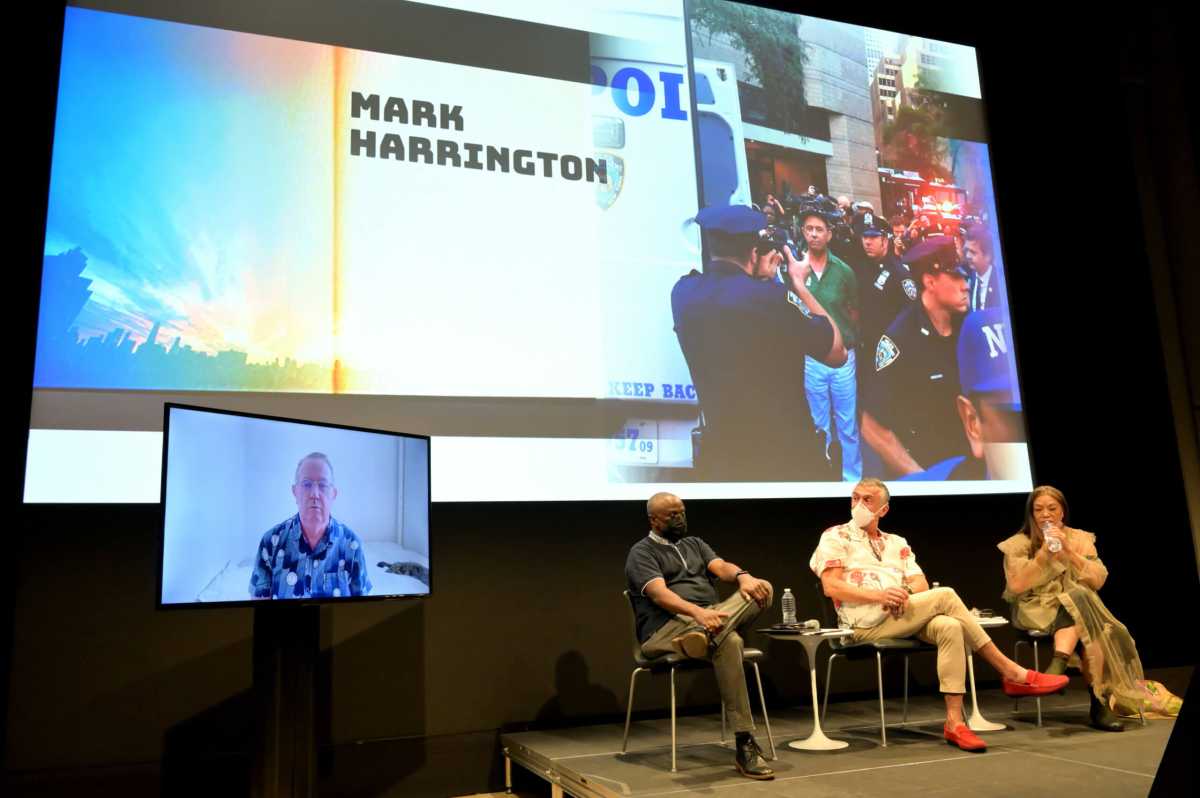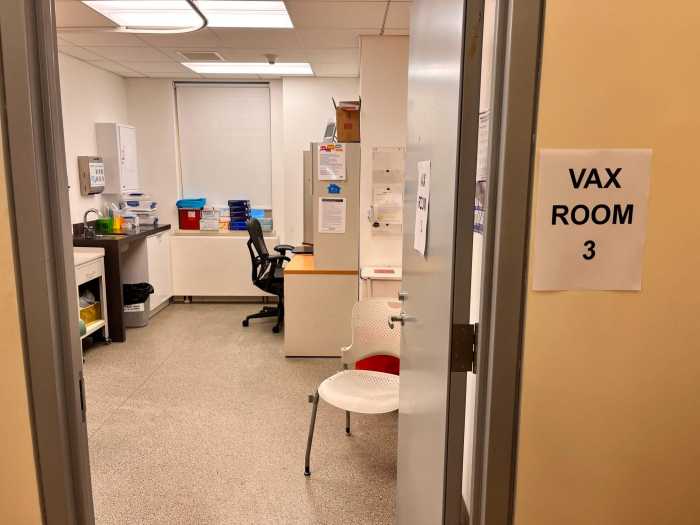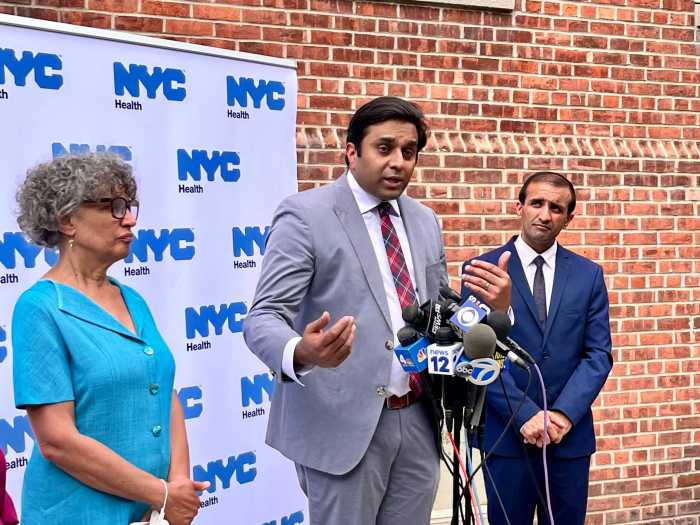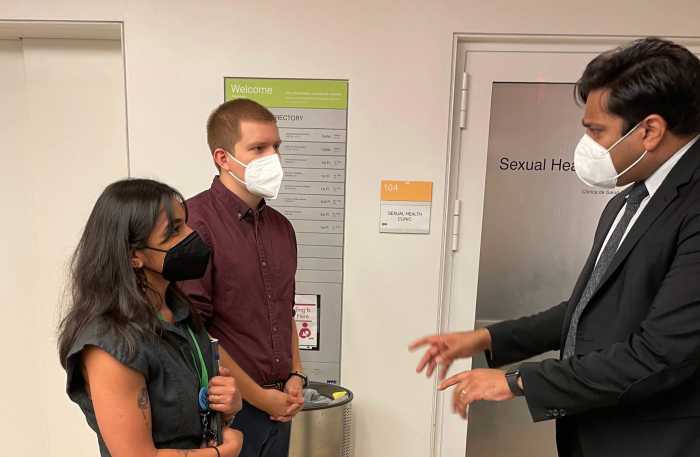Whitney Biennial artists Ivy Kwan Arce and Julie Tolentino spearheaded a program on August 5 featuring HIV/AIDS activists to discuss developments in prevention, treatment, and the worldwide fight for vaccine equity in order to better confront pandemics — including COVID-19 and HIV/AIDS.
The event, which was held at Whitney Museum of American Art and virtually, was in conjunction with “Echo Position,” a joint effort between Arce and Tolentino to highlight women — especially women of color — in the fight against HIV/AIDS.
The others involved in the discussion were Vuyiseka Dubula, who is the programs director of community mobilization and accountability at Sonke Gender Justice in Cape Town, South Africa; HIV/AIDS activist and researcher Mark Harrington, who is the executive director of Treatment Action Group; STREAM Community Engagement coordinator Ezio Távora dos Santos Filho, whose research specializes in community engagement; and Kenly Sikwese, the coordinator of the African Community Advisory Board aimed at improving access for HIV treatments in sub-Saharan Africa.
The speakers discussed a range of topics surrounding pandemics, including the financial, regulatory, and corporate influences driving barriers to vaccine equity. Arce, for example, made it a point to emphasize that there “can be no equity without patent changes” — an issue that had gained wider attention earlier in President Joe Biden’s term when he faced pressure to remove the barriers imposed by patents for COVID-19 vaccines.
Harrington added that while there is the scientific justification for reform, the political will to make a difference is not there.
Last month, dozens of advocates delivered a letter to ViiV Healthcare urging its chief executive, Deborah Waterhouse, to lower the costs of injectable PrEP — an emerging HIV prevention tool that involves occasional shots rather than a daily PrEP pill. According to reports, ViiV announced last month that it would open the door for generic versions of the injectable PrEP drug cabotegravir in low and middle income countries.
